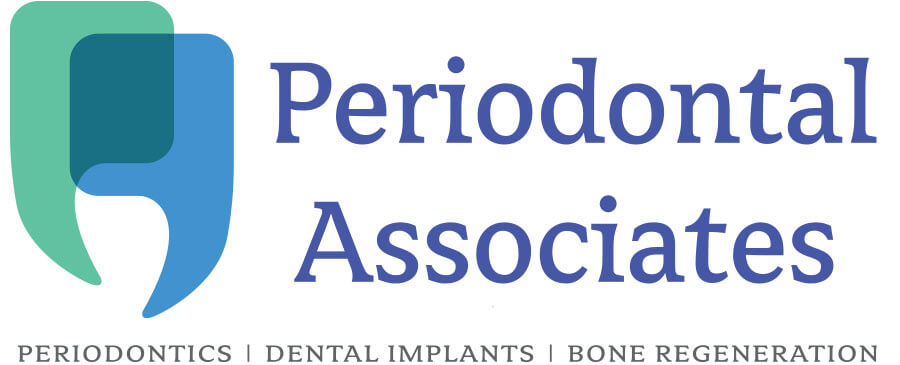
Periodontics is a specialty in the field of dentistry. A periodontist is a dentist first, who then receives extra training in periodontics. What is periodontics?
Periodontology is the study of the supporting structures for teeth and the diseases and conditions that affect them. A periodontist treats the gums, jaw bone, and ligaments that support the teeth. The most common issue with these supporting structures is periodontal disease, more commonly known as gum disease. Gum disease is a bacterial infection of the gums caused by excessive plaque buildup on the teeth.
Your dentist may refer you to a periodontist if you have severe or acute/chronic gum disease that does not respond to typical treatment.
What Dental Procedures Does a Periodontist Perform?
Periodontists may perform a range of different procedures to treat gum disease or other gum conditions, such as:
- Scaling and Root Planing. Scaling and root planing are actually two different procedures, but they are most often performed together. Scaling is the removal of plaque and calculus (hardened plaque) from the tooth surfaces underneath the gums. This is the main cause of gum disease, and because it is below the gum line, your toothbrush won’t reach it. Once the scaling is done, root planing is performed next. Root planing smooths the surface of the tooth root once the plaque and calculus have been removed, also eliminating altered and contaminated root structure caused by the bacterial endotoxins. This allows the gums to adapt/ adhere to the roots of the teeth with no spaces between for bacteria to accumulate and cause gum disease.
- Osseous (bone) Surgery. Sometimes it is necessary for a periodontist to reshape the bone structure that holds your teeth in place. The jaw bone and ligaments are the support structures for your teeth. If there are gaps or pockets between the gums and teeth, it allows room for bacteria to enter and cause an infection. Bone surgery can be done to reshape the bone and ligaments to prevent these pockets from forming.
- Bone Graft. A bone grafting procedure is sometimes done in preparation for a dental implant. If the jaw bone is not thick enough to support an implant, a bone graft can increase it. When a tooth is missing or in the case of severe gum disease, the jaw bone deteriorates and eventually disintegrates. A bone graft procedure involves surgically placing bone graft material under the gums on top of the existing bone. This fortifies the existing jaw bone and helps it to regenerate and grow to increase the size on its own. Once this process is complete and the bone has had a few months to grow, a dental implant can be placed.
- Gum Graft. A gum graft procedure may be necessary if the gums have receded too far away from the teeth. Receding gums allow the tooth root to be exposed, which can cause sensitivity and loss of bone support. This procedure involves removing tissue from another place in the mouth and grafting it over the roots of the teeth where the gum tissue has receded. The gum tissue regenerates and bonds with the teeth.
- Dental Implant Placement. Periodontists are experts at dental implant placement. While many general dentists also perform this procedure, a periodontist specializes in the placement of dental implants.
A dental implant is an artificial tooth and root system. The implant root is a titanium post that is surgically placed in the jaw bone. It fuses with the bone to form a strong bond. Once the implant is anchored to the bone, a crown is attached to the top. The entire dental implant looks and functions like a natural tooth.
Trust Your Oral Care to Periodontal Associates
If you’re in need of advanced oral care for gum disease, gum conditions, or any problems with the support structure for your teeth, a periodontist has specific training to provide you with the treatment you need. Periodontal Associates consists of two highly trained, experienced periodontists who can provide the care you need to improve and preserve your oral and dental health.
Call 508-875-6185 to schedule a consultation at our Framingham office or 508-875-6185 for our Newton office. You can also request an appointment. We look forward to providing you with the periodontal treatment you need.
